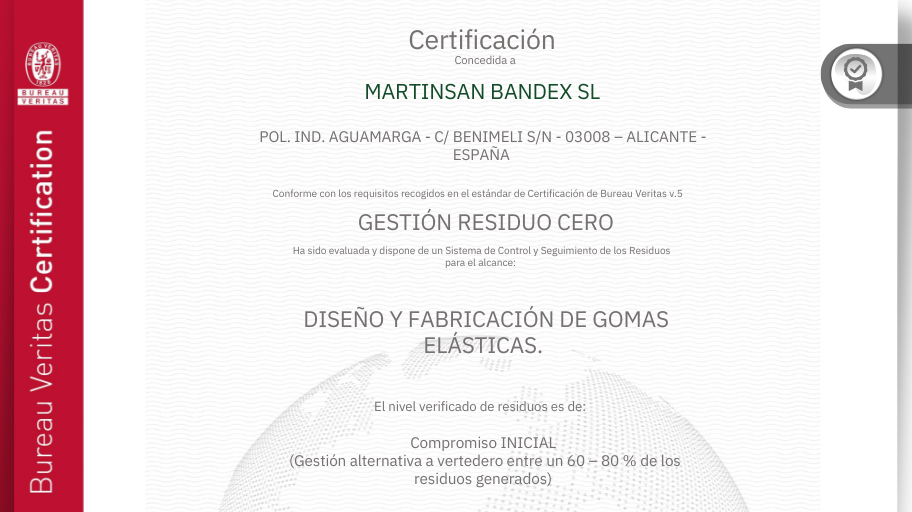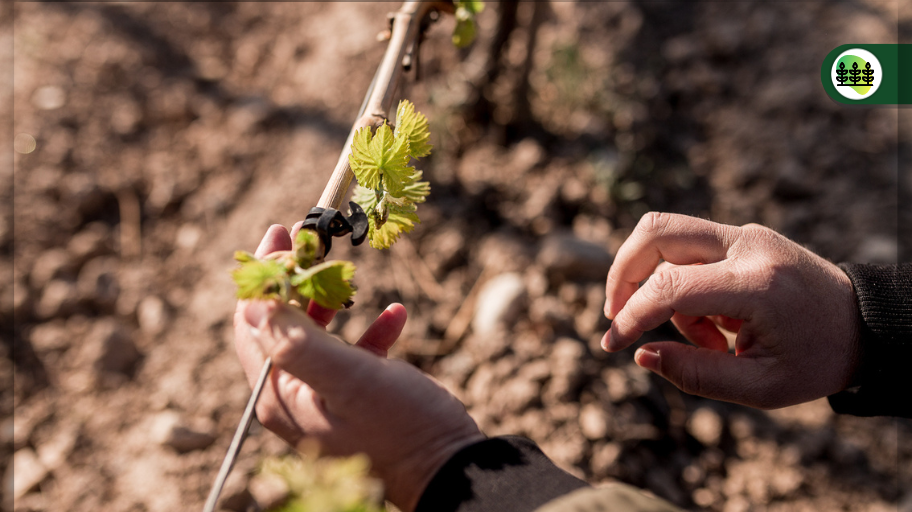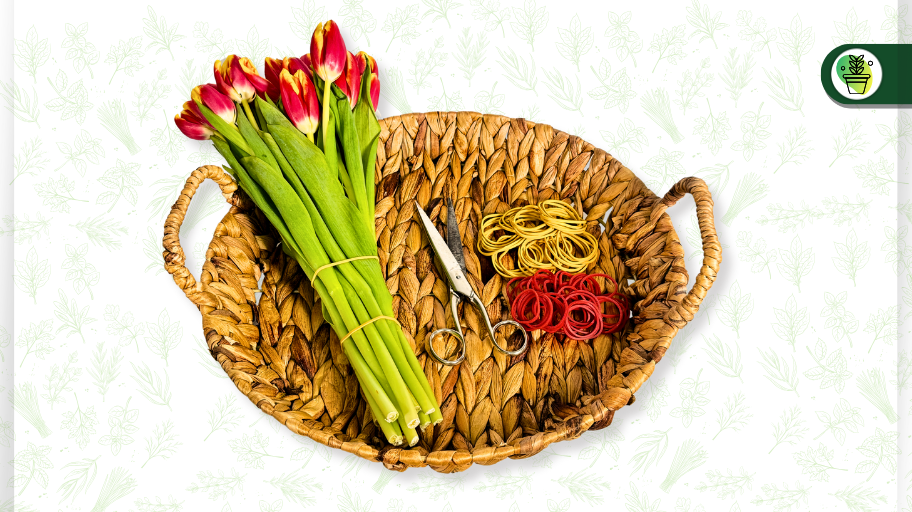Linking with the campaign #DesnudaLaFruta viralized in 2018, Spain will thus approach the French regulation that will ban, already from next year, this type of packaging, and which is in line with the recommendations marked by the European Union in terms of sustainability.
Already banned single-use plastic items such as straws or plastic cutlery, expanded polystyrene trays are the next target to reduce the overuse of these polluting materials.
Plastic came into our lives to make everything easier, but the abusive use of packaging and disposable objects is wreaking havoc on the environment around the globe.
It is not easy to combat this excess when it is so deeply rooted in everyday life, and therefore the European authorities are proposing various actions to promote a circular economy and fight pollution.
Tying vegetables with rubber bands, avoiding plastic, is an effective option for replacement.
Details of the law
The sale of fruit and vegetables in plastic packaging will be banned in retail businesses (both neighborhood stores and supermarkets) in Spain from 2023.
The packaging ban for fruit and vegetables will apply to batches weighing less than one and a half kilograms.
It is a ban similar to that contained in the French anti-waste law, which will come into force in that country in 2022. We have talked about this law in another article.
The Spanish Executive seeks to combat in the most effective way the overuse of packaging, they also warn that plastic pollution “has already exceeded all limits”.
According to the information that has been transmitted, foods “at risk of deterioration when sold in bulk” will be excluded from the ban on plastic packaging. The list of products will be set by the Spanish Agency for Food Safety and Nutrition.
For retailers, the Government foresees measures to promote the bulk sale of fresh produce without packaging. These establishments, for example, will have to allow customers to bring their own reusable containers to be refilled, although conditions of cleanliness and suitability will be established by the stores.
Finally, targets are also set for the promotion of reusable containers, e.g. harder plastic or glass bottles that can be used several times. In the case of hotels, restaurants and cafeterias, it is proposed that 50% of the packaging sold in 2025 should be reusable; by 2030, the target should be 60%. In the case of beers, 80% in 2025 and 90% in 2030. And for soft drinks the targets are 70% and 80% respectively. In the case of sales for home consumption, the targets are much less ambitious: 10% of beverage containers in general in 2025 and 20% in 2030.
Naked Fruit
Inside and outside Spain several environmental NGOs, such as Greenpeace, have been launching campaigns for years under the slogan “strip the fruit” to raise awareness among small stores and large supermarkets to stop plasticizing fresh produce.
The aim of the #NudeTheFruit campaign is to reduce, with packaged fruits and vegetables, plastic unnecessarily. To do this, the proposal was to take a picture of them with the cell phone and share them on social networks with the hashtag #DesnudaLaFruta, to raise awareness among supermarkets, stores and end consumers.
Natural rubber bands as an option.
Our natural rubber bands are widely used. They are mainly used to hold and preserve the humidity of the leaves and the freshness of the product, preserving its properties and nutritional characteristics. But they are also used to ensure that the final presentation to the consumer is appropriate, as well as to make a grouping of several products of the same type, cut the stems of the vegetable and hold their leaves if they have them.
It is a rubber band with very convenient characteristics for the use of foodstuffs.
You have all the information about our product by clicking here.




